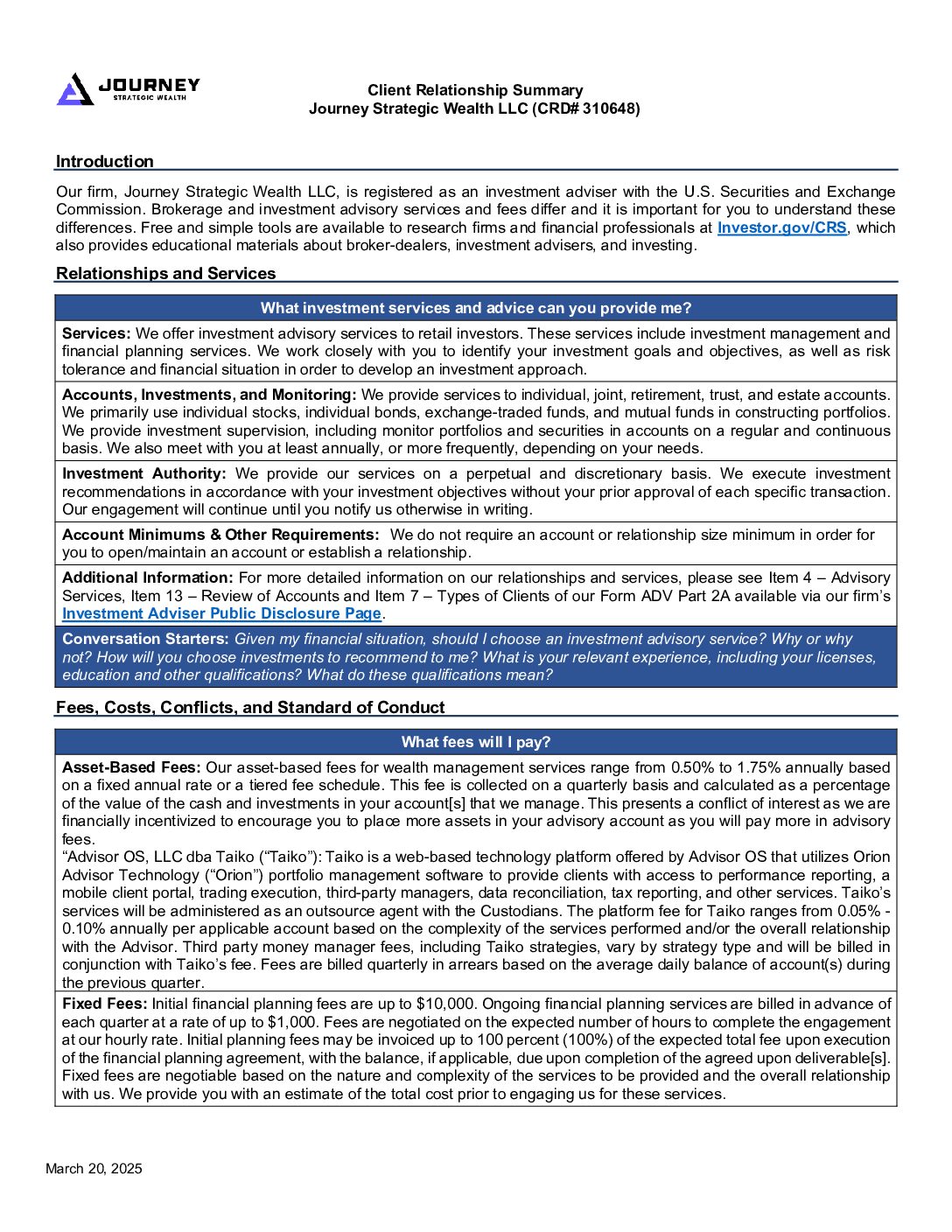Estate Planning for High-Net-Worth Families in New Jersey: Key Considerations and Strategies
Estate planning is the ultimate strategic move for high-net-worth individuals (HNWIs). Think of it as the blueprint for safeguarding your wealth, ensuring it flows seamlessly to the next generation.
You’ll likely have portfolios and assets spanning multiple generations, so getting it right can be the key to preserving your wealth and protecting assets long into the future. Strategic estate planning is the solid foundation upon which your legacy stands.
Do you want to feel empowered to make informed decisions and secure your financial legacy for future generations? Read on to gain some actionable advice and guidance for effectively planning and managing your estate:
Estate Planning Challenges for HNWIs in New Jersey
The first step in your estate planning journey should be understanding the state-specific regulations that could impact your legacy. Let’s start with inheritance and estate tax.
The good news is that, as of January 1, 2018, New Jersey no longer has an estate tax, though a federal estate tax will be due on estates worth over $13.61 million. As a tax that has the potential to affect your beneficiaries significantly, it’s vital that you take it into account during the estate planning process if your estate is substantial enough to trigger it.
Inheritance tax, on the other hand, is based on the beneficiary’s relationship to the decedent and the value of the assets inherited.
Class A beneficiaries, which include spouses, civil union partners, domestic partners, children, grandchildren, parents, and grandparents, are exempt from the inheritance tax.
Class C beneficiaries, such as siblings and children-in-law, can inherit up to $25,000 untaxed. Amounts over that are taxed at graduated rates, with anything over $1.7 million being taxed at 16%.
Class D beneficiaries, which cover all other relatives like nieces, nephews, aunts, and uncles, are taxed at 15% on the first $700,000 they inherit, and any amount above that is taxed at 16%.
What happens if you die without a valid will?
If this happens, your assets will be distributed according to New Jersey’s intestacy laws, prioritizing the surviving spouse and children, with the spouse receiving a portion of the estate and the children inheriting the remainder. Without a spouse or children, the estate will pass to other relatives, following a predetermined hierarchy outlined in the state’s intestate succession laws.
This could be very different from what you would want to happen and could cause untold stress as your high-value estate gets stuck in the legal process, with the potential for family disputes. That’s why it’s so important that you plan properly.
Maximizing Tax Efficiency in Estate Planning
Taxes can eat away at your wealth, especially if you’re a HNWI, as you’re more likely to face higher taxes and capital gains than others. Minimizing your tax liability is a crucial part of overall estate planning, helping protect your assets and keeping more of your money safe.
But how?
Trusts and gifting strategies are pivotal in estate planning for HNWIs in New Jersey, offering powerful tools to mitigate estate tax liabilities and preserve wealth for future generations. Irrevocable life insurance trusts (ILITs) and qualified personal residence trusts (QPRTs), for example, can significantly reduce federal estate tax burdens.
ILITs allow policyholders to transfer life insurance policies outside of their taxable estate, ensuring that the death benefit is not subject to estate taxes upon their passing. Similarly, QPRTs enable homeowners to transfer their primary residence or vacation home to heirs at a reduced gift tax value, thereby minimizing the estate tax impact while retaining the right to reside in the property for a specified term.
In addition to trusts, strategic gifting techniques such as annual exclusion gifts and charitable trusts offer further avenues for tax minimization. Annual exclusion gifts allow individuals to gift up to a certain amount each year to each recipient without triggering gift tax consequences, providing a tax-efficient means of transferring wealth to heirs during their lifetime.
Charitable trusts, on the other hand, allow donors to support charitable causes while simultaneously reducing estate tax liabilities by transferring assets to qualified charitable organizations.
Planning for Business Succession and Wealth Transfer
Many HNWIs own their own businesses, so having plans in place to ensure the business continues successfully is important and can even help minimize taxes. By including business succession planning in the estate planning process and fostering open communication within the family, you can effectively preserve the legacy of your business for future generations.
Additionally, buy-sell agreements tailored to the unique needs of New Jersey-based businesses owned by HNWIs play a crucial role in ensuring continuity and preventing disputes. These agreements outline valuation methods, funding mechanisms, and triggering events, providing a clear roadmap for navigating ownership changes due to a partner’s death or departure. By proactively addressing potential scenarios through buy-sell agreements, businesses can maintain stability and protect their interests.
Master Estate Planning For a Brighter Future
With proactive planning and strategic foresight, HNWIs in New Jersey can secure their financial legacies and leave a lasting impact on the world. As the saying goes, fortune favors the bold – so seize the opportunity and master estate planning for a brighter future.
Ready to learn more about specialized wealth preservation strategies to help strengthen your legacy? Book a call with our experienced team today.
This material is distributed for informational purposes only. Investment Advisory services offered through Journey Strategic Wealth, an investment adviser registered with the U.S. Securities and Exchange Commission (“SEC”). The views expressed are for informational purposes only and do not take into account any individual’s personal, financial, or tax considerations. Opinions expressed are subject to change without notice and are not intended as investment advice. Past performance is no guarantee of future results. Please see Journey Strategic Wealth’s Form ADV Part 2A and Form CRS for additional information.




















